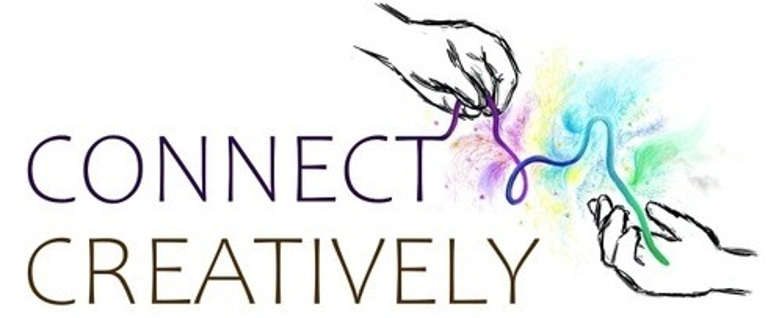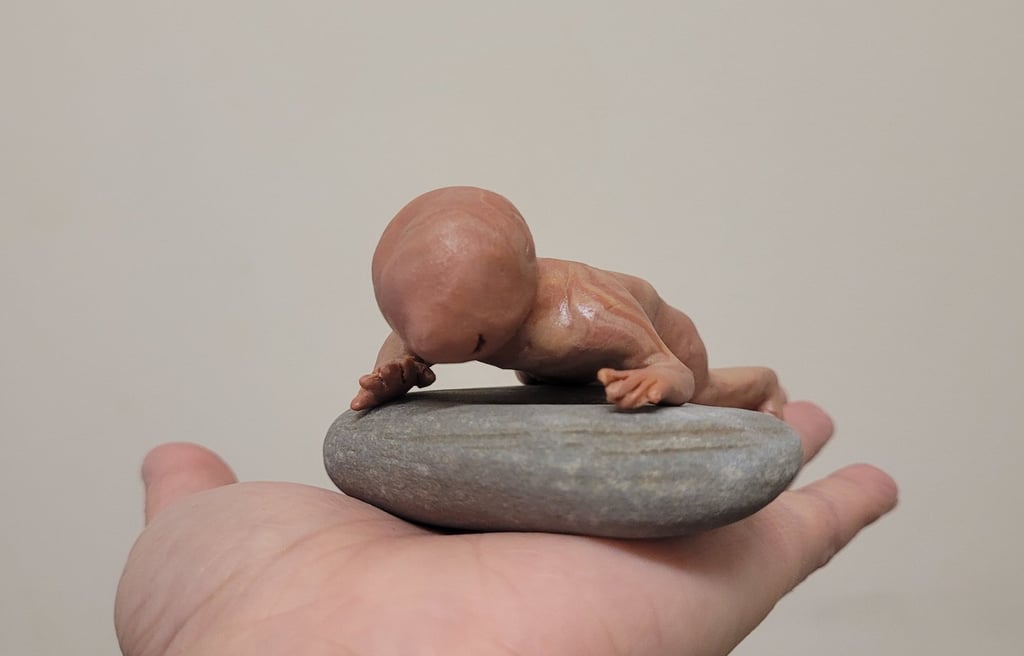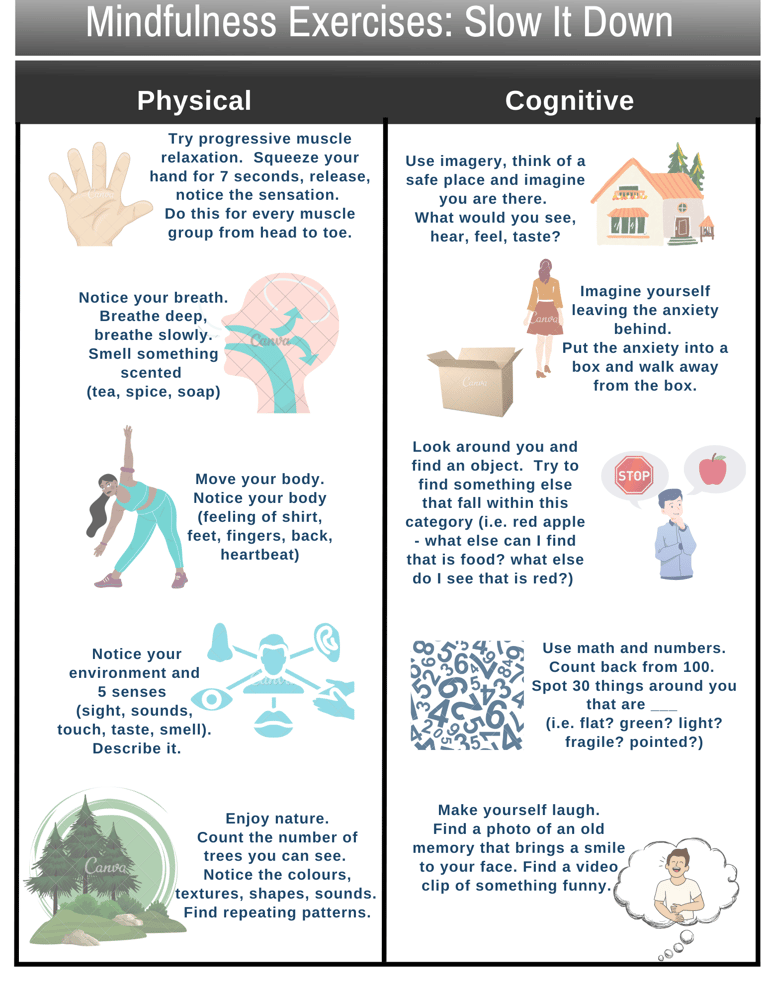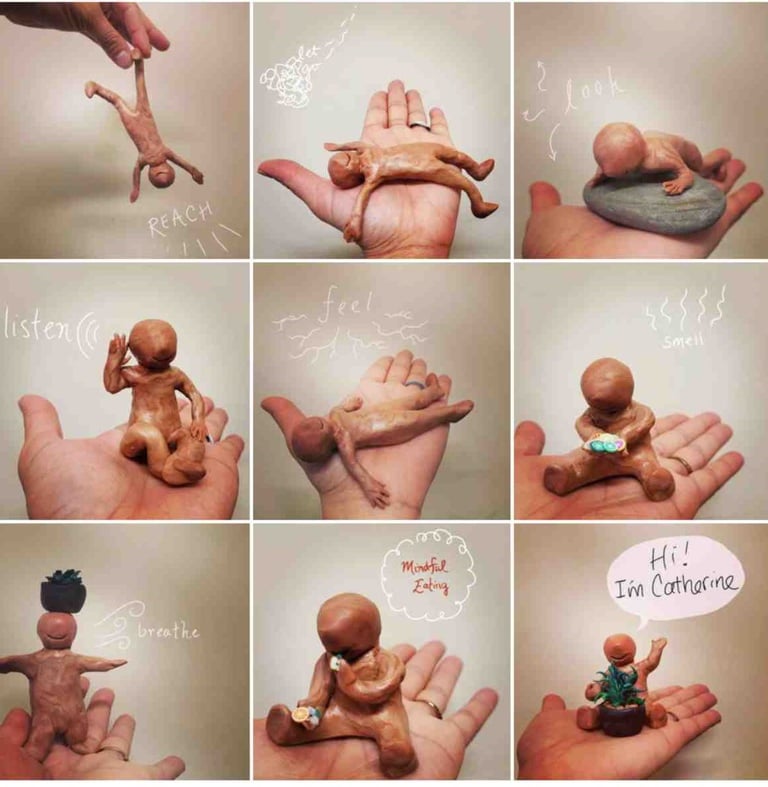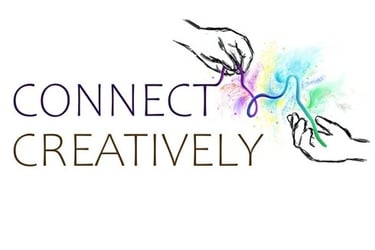What is Mindfulness?
Be here, now.
Mindfulness: Being fully conscious and aware of what is happening around you, including your environment, people and things happening around you, and what you are doing. This includes noticing your 5 senses (what you see, hear, feel, taste, smell) and non-judgmentally observing yourself, your feelings.
Why practice mindfulness?
Mindfulness is a practice. Research shows that its' practice can have positive effects on mental health and wellbeing, decrease emotional reactivity, and increase behaviour regulation (Keng et al., 2011).
Brain research found that practicing mindfulness can change the white matter connectivity change in the brain, so by practicing mindfulness makes the brain regions that are activated less succeptible to white matter degradation associated with aging (Laneri et al., 2016)
Mindfulness can improve focus and attention in children and adolescents and improve executive functioning. Mak and colleagues (2018) conducted a systematic review of the literature and found five of thirteen studies (participants were typically developing, diagnosed with attention-deficit hyperactivity disorder ADHD, had difficulty with reading, or lived/learned in orphanages/ correctional institutions) that found statistically significant intervention effects for attention or executive functioning. Mindfulness-based interventions, such as art therapy, are promising approaches to providing executive function coaching.
How do I practice mindfulness? Here are a few of the ways I practice:
Seated mindfulness: be aware of your breath, do not try to change it. Be aware of the thoughts that enter your mind, notice what you are saying, "I'm having the thought that this is taking too long" and be non-judgmental (easier said than done, I know!), try to let the thoughts come and go, like cars driving by on a street.
Active mindfulness: I'm a busy person who likes to do things. To sit down and breathe is impossible. I practice active mindfulness. While I do chores, wash the dishes, I notice the sensation of the water on my hands and try to be aware of my body, breath, movements, rather than doing it mindlessly and going through the motions.
Eating mindfully: eat slowly, really notice the food on your tongue- the texture, taste, how wet/ dry it is.
Creating art and mindfulness: play with your art materials and explore them, really explore, with a child-like curiosity. Notice the way each material feels - how watercolour flows and is difficult to control, how oil pastels are hard and blend, how the marker makes clear hard lines.
Being present with my kids: I get distracted. A LOT. I have taught my kids to prompt me, "Mom, play with me!" when I have lost focus (i.e. if I'm texting or daydreaming) and this helps me to really be there with them: engage, play, enjoy, and do the less-fun parenting things that just need to be done.
